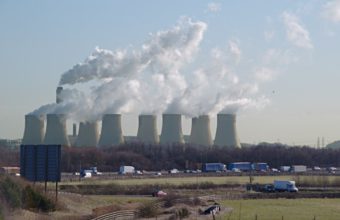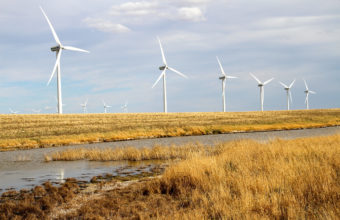Accelerating innovation
Concepts from innovation theory and system transitions imply that the “best” and “cheapest” technologies are not always the ones that succeed in achieving widespread take up. Understanding how new innovations spread and how this process is shaped by market forces, government policy, social interactions and cultural norms is vital for achieving our climate change goals. Our research explores the factors that can lead to the success or failure of new ideas and how it might be possible to accelerate the transition to low-carbon energy systems.
Projects

Policy synergies and trade offs for low energy innovation
Policy mixes are particularly important for supporting transitions to lower-energy systems. Do current UK energy policy goals and instruments add up to a coherent policy mix suitable for fostering such transitions? What is the impact of the current policy mix?

Evidence from history: Deliberate acceleration of socio-technical transitions
The diffusion of low-energy systems needs to be accelerated to address climate change. What lessons can be learned from historical case studies about the technological, political, cultural and economic actions and mechanisms that accelerate diffusion?

Learning about diffusion from experiences in other countries
European countries have seen some low-energy innovations, like district energy systems in Austria, gain popularity. What lessons can be learned from these examples about how to overcome inertia and cause diffusions to accelerate, leading to tipping points and breakthroughs?

Grassroots innovation in low energy digital fabrication
Rapid advances in open-source, small-scale digital design and fabrication technologies are opening up new possibilities for decentralised, networked, user-led manufacturing. A confluence of new technologies (e.g. the 3-D printing ‘revolution’), new business models (e.g. ‘personalised manufacturing’), and new social movements (e.g. ‘open-source, commons-based, peer-production’), are prompting claims about the ‘reconfiguration’ of production and consumption. For …










